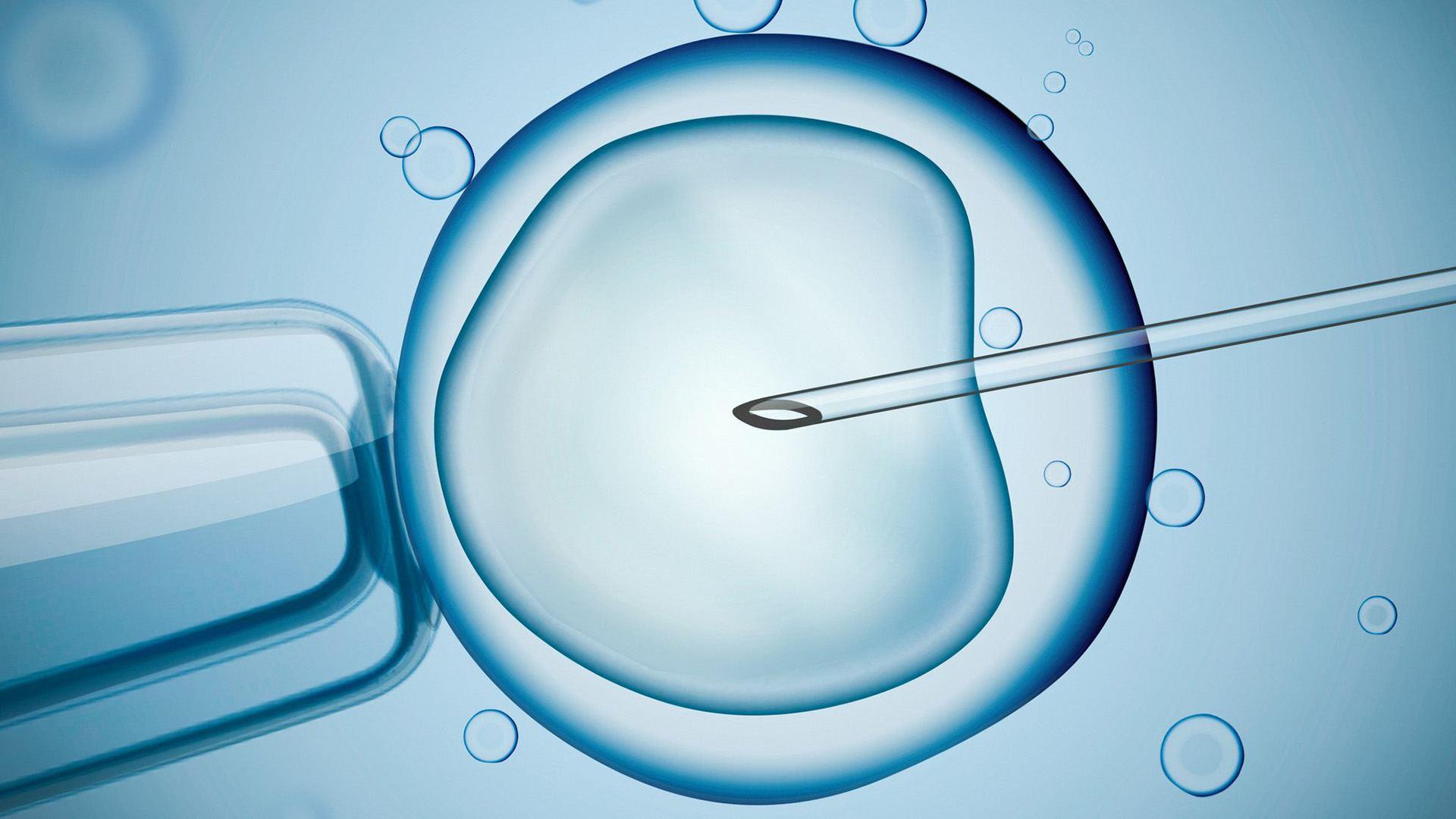Despite Calls for a Moratorium, More ‘Three-Parent’ Babies Expected Soon
By Emily Mullin,
One Zero
| 09. 16. 2019
Clinics in Europe say they will continue offering a controversial IVF procedure
At least 10 babies have been born to apparently infertile women as a result of a controversial in vitro fertilization procedure that involves combining a mother’s egg with a donor one. The technique is often referred to as “three-person IVF” because the baby ends up with DNA from three people — the mother, the father, and an egg donor.
One of the births was reported in April by a Greek clinic performing the procedure, also known as mitochondrial replacement therapy, or mitochondrial donation. Now, fertility experts in Europe are calling for a moratorium on using the technique for women who have struggled to conceive.
The European Society of Human Reproduction and Embryology (ESHRE) has issued a statement urging “extreme caution” on the use of mitochondrial replacement for cases of infertility. The organization, which represents 8,000 clinicians and scientists, says there’s not enough evidence to show that it produces higher live-birth rates than conventional IVF. However, OneZero has learned that despite the group’s recommendation, the Greek clinic, as well as another center in Ukraine, will continue to offer the procedure —...
Related Articles
By Scott Solomon, The MIT Press Reader | 02.12.2026
Chris Mason is a man in a hurry.
“Sometimes walking from the subway to the lab takes too long, so I’ll start running,” he told me over breakfast at a bistro near his home in Brooklyn on a crisp...
By Diaa Hadid and Shweta Desai, NPR | 01.29.2026
MUMBRA, India — The afternoon sun shines on the woman in a commuter-town café, highlighting her almond-shaped eyes and pale skin, a look often sought after by couples who need an egg to have a baby.
"I have good eggs,"...
By George Janes, BioNews | 01.12.2026
A heart attack patient has become the first person to be treated in a clinical trial of an experimental gene therapy, which aims to strengthen blood vessels after coronary bypass surgery.
Coronary artery bypass surgery is performed to treat...
By Staff, ScienceDaily | 01.05.2026
Scientists at UNSW Sydney have developed a new form of CRISPR technology that could make gene therapy safer while also resolving a decades-long debate about how genes are switched off. The research shows that small chemical markers attached to DNA
...




